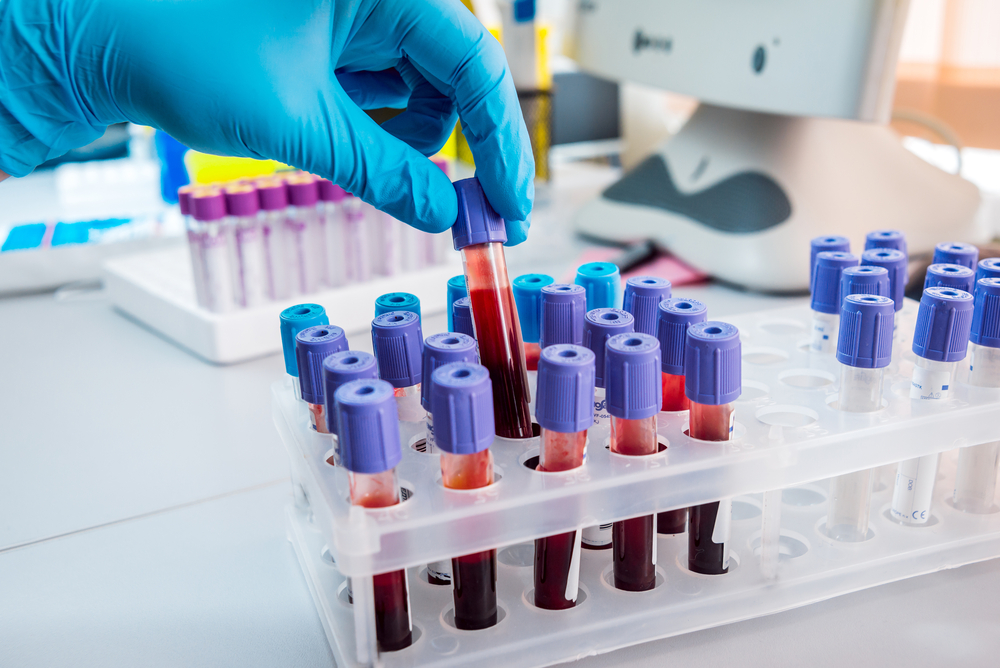Blood Stem Cell Transplants Improve RRMS Patients’ Disability, Phase 3 Trial Shows
Written by |

Blood stem cell transplants lead to significant improvements in relapsing-remitting multiple sclerosis patients’ disability, a Phase 3 clinical trial shows.
The 110 patients who took part in the MIST study (NCT00273364) were having relapses after receiving standard therapies such as beta interferon, Copaxone (glatiramer acetate), Novantrone (mitoxantrone), Tysabri (natalizumab), Gilenya (fingolimod), and Tecfidera (dimethyl fumarate).
Half the participants were randomly assigned to continue with standard treatment. The other half received blood stem cells transplants. Doctors call the transplant procedure autologous haematopoietic stem cell transplantation, or AHSCT.
AHSCT is an intensive therapy that rebuilds a patient’s immune system. The first step is harvesting and storing a patient’s blood stem cells. The next is using chemotherapy to kill any immune cells in the stem cells. And the final step is returning the stem cells to patients to rebuild their immune system.
The MIST trial’s primary goal was to see if the transplants could do a better job than standard treatment at stopping the progression of RRMS. The main yardstick of progression was patients’ scores on the Expanded Disability Status Scale, or EDSS.
A year after the transplants, the average EDSS score of treated patients had improved significantly. A decline in an EDSS score indicates less disability, and treated patients’ average score fell from 3.5 to 2.4. This contrasted with an average increase in the score of those on a standard therapy from 3.3 to 3.9.
Only one patient in the transplant group experienced a relapse during the year, compared with 39 in the standard therapy group.
After three years, all but 6 percent of the transplant group had shown an improvement in disability progression, versus 60 percent in the standard therapy group.
Researchers shifted 30 patients who had initially been receiving standard therapy to a transplant after their disability worsened. This led to their average EDSS scores improving from 5.2 to 2.6.
In terms of safety, transplant patients showed no signs of significant side effects.
“We are very excited by these hugely encouraging findings, which are the first to assess the long-term effectiveness of AHSCT [transplants] in people with the active relapsing remitting form of the disease in a Phase 3 randomized trial,” Basil Sharrack of Sheffield’s Royal Hallamshire Hospital said in a press release.
“In the study, almost all patients receiving autologous haematopoietic stem cell transplantation showed no signs of their disease being active a year on from having the treatment and, more importantly, their level of disability improved significantly. It is also really important to emphasize that these are still early days, and the patients will be followed for five years,” Sharrack added.
“The initial results of the MiST trial show that this type of stem cell transplant can be delivered with acceptable safety to people with highly active relapsing remitting MS,” said John Snowden, who directs the bone marrow transplants program at Sheffield Teaching Hospitals NHS Foundation Trust.
“It is important to stress that this treatment is unfortunately not suitable for every person with MS,” added Snowden, a co-investigator of the trial. “This type of stem cell transplant targets the inflammatory phase of MS.”


